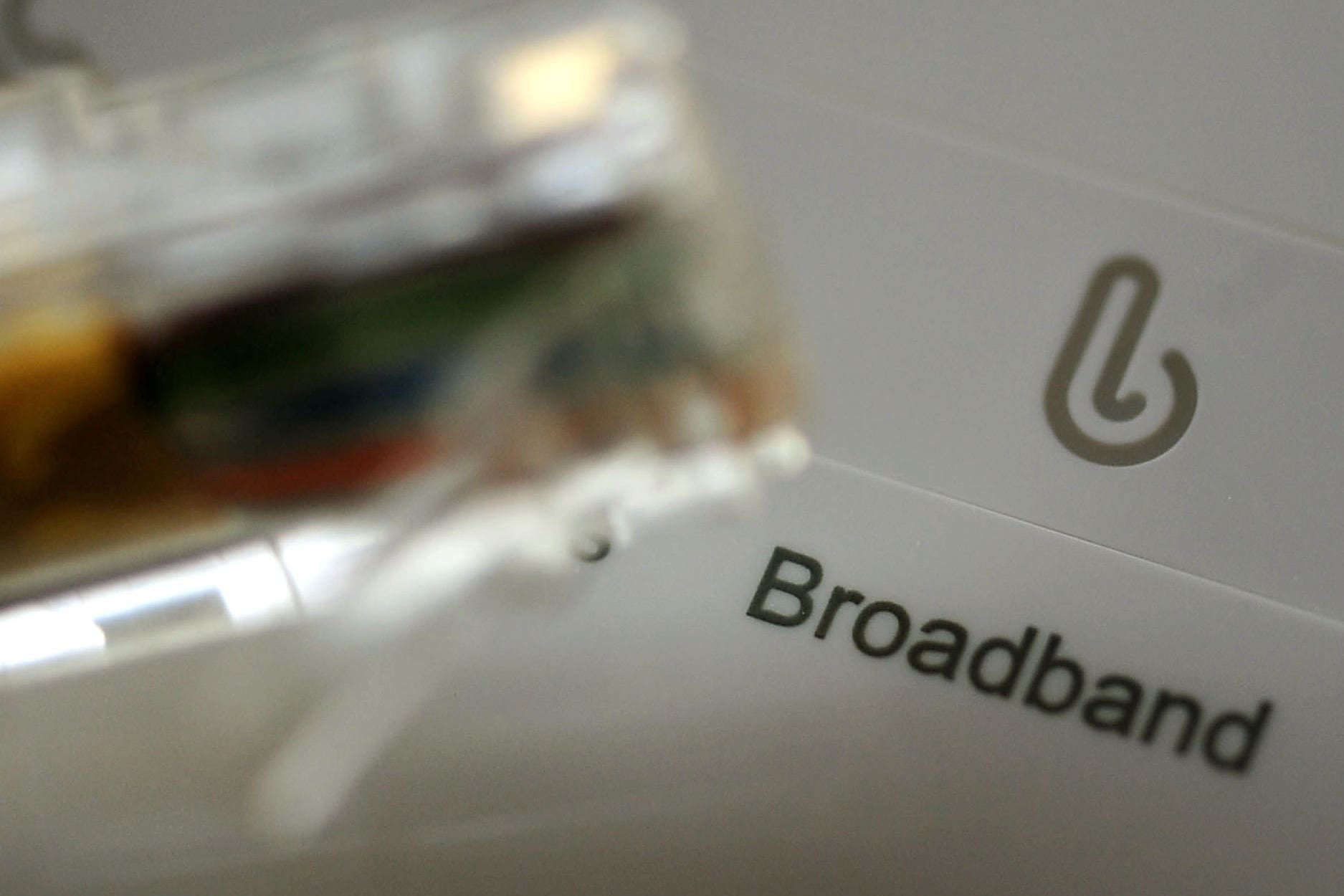Broadband overtakes dial-up as way of connecting to the internet

The number of high-speed broadband internet connections in the UK has surpassed the original, dial-up subscriptions that launched the internet age more than a decade ago.
It has taken little more than three years for broadband connections to overtake dial-up, thanks to intense competition which has ushered in dozens of high-speed internet service providers, offering a rapidly expanding range of content and services as well as simply supplying fast connections.
New figures from BT Group, which operates the UK's main telecoms infrastructure, reveal that, including cable connections, there are now more than 7.4 million broadband customers, surpassing for the first time the number of much slower, dial-up connections in the country.
It is widely accepted that the full potential of the internet for consumers and business will only be unleashed once broadband connections are a common, everyday feature of most homes. Broadband connections are now available to 99.6 per cent of the UK population which, according to Ben Verwaayen, the chief executive of BT, is equivalent to the proportion with running water.
Broadband connections can handle more data, more quickly than dial-up, delivering huge commercial opportunities for businesses while offering the potential to significantly change the way people live, particularly how they consume.
Question marks still remain over internet security, but making it the principal way in which people, companies and governments undertake transactions is now a priority for internet suppliers.
Mr Verwaayen said: "I know people's memories are short but I don't think that anybody three years ago had even the faintest hope this would happen. I remember when I came into BT [in April 2002] it was not in anyone's imagination."
Investment in broadband supply is growing rapidly. Last week Cable & Wireless, the UK's largest telecoms group after BT, said it would be spending another £70m this year expanding its Bulldog broadband internet business, which is handling 14,000 customer orders a month. It spent £41m last year starting the business.
The company said that between the last three months of 2004 and the first three months of this year, broadband subscriber growth excluding cable was running at a rate of 25 per cent, the fastest in Europe. Francesco Caio, the C&W chief executive, said: "We expect to see an expansion of our advertising campaign and we are continuing to see very healthy growth."
For consumers, broadband connections offer a new way of buying media content such as films, music and television, but the advent of secure electronic "signatures" mean many other transactions with companies and government departments could be carried out using the internet.
Similarly for businesses, high-speed internet connections are seen as a gateway to much bigger global markets that have previously been too expensive to reach.
BT now has 1.7 million broadband subscribers of its own while supplying a further 3.7 million broadband connections across its main network for other internet service providers. There are now 2 million cable customers with broadband connections.
Mr Verwaayen said: "We have to take the internet out of the domain of the geek and into the normal world. That's the journey we are on. After that you can increase the multiplier effect of broadband in the economy.
"It's great to have overtaken dial-up, that's another step, but it's still in its early days."
Subscribe to Independent Premium to bookmark this article
Want to bookmark your favourite articles and stories to read or reference later? Start your Independent Premium subscription today.

Join our commenting forum
Join thought-provoking conversations, follow other Independent readers and see their replies